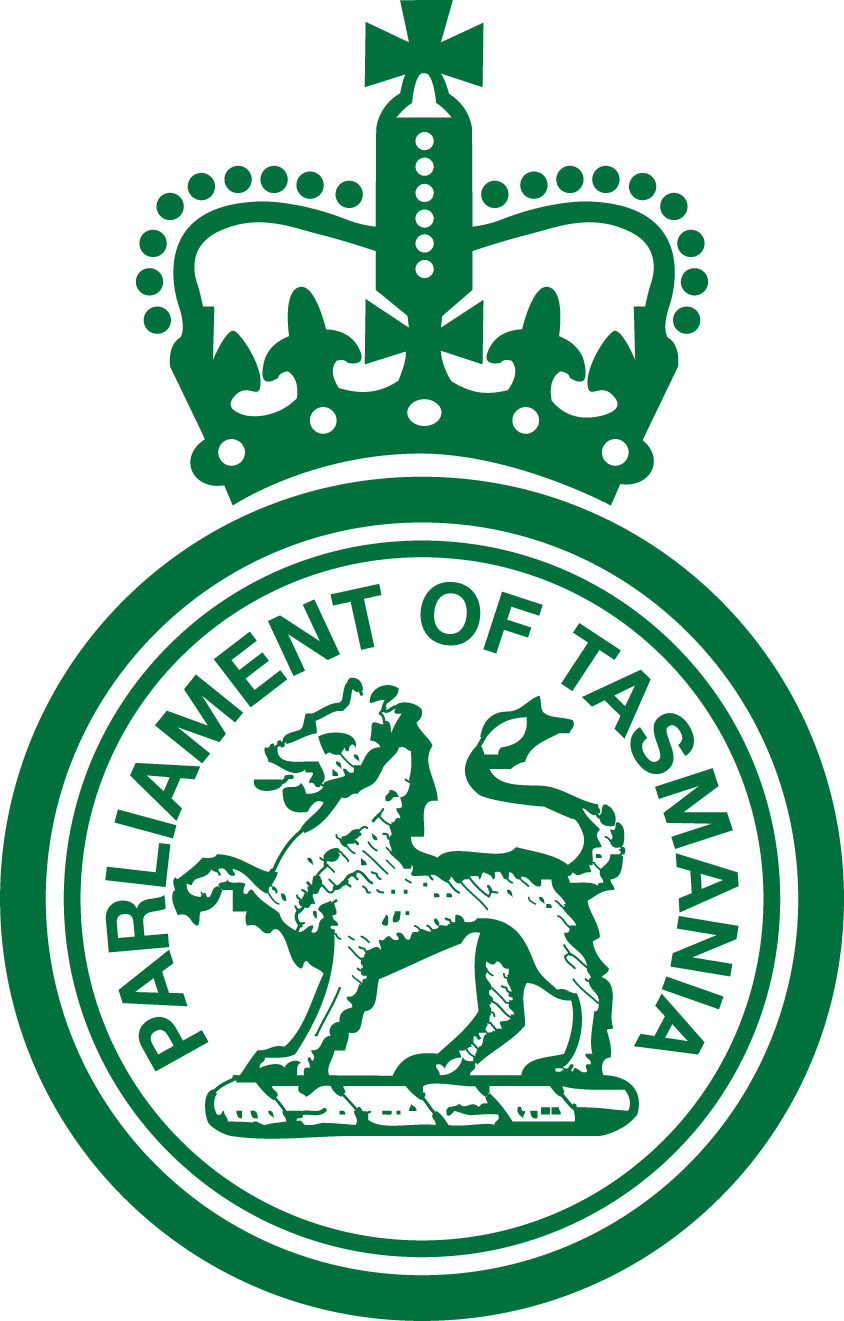
The main purpose of a parliamentary committee is to inquire into a topic and report back to the parliament. Most inquiries have Terms of Reference which set out the scope of the inquiry (what the inquiry will be looking into exactly). These Terms of Reference will be available on the committee’s webpage.
The House of Assembly parliamentary committees’ welcome submissions as sources of evidence, information and opinion. This guide provides a number of suggestions on how you might prepare and present a submission.
Who may make a submission?
Any person or organisation may make a submission to a committee. Individuals, community groups, private organisations, representatives of government departments and agencies and any other person interested in an inquiry currently before a committee are encouraged to make a submission. A committee may or may not accept a submission.
Terms of Reference
As mentioned above, Terms of Reference set out exactly what an inquiry is looking into. Before preparing a submission, it is important that you read the inquiry’s Terms of Reference carefully, as any submission must be relevant to the committee’s inquiry. Committees usually publicly advertise their Terms of Reference in a call for submissions in weekend newspapers but also on the Parliament of Tasmania website. These advertisements will nominate a due date for submissions. If an issue is of obvious local concern, advertisements may also be placed in local community newspapers. Copies of Terms of Reference may also be obtained from the Committee Secretary.
Preparing a Submission
Submissions are an important form of evidence received by committees. A submission should address all or part of the Terms of Reference and can contain factual information, opinion or both. You may wish to draw the attention of the committee to something relevant to the inquiry, or choose to emphasise solutions to the matter or issue before the committee. This is entirely the choice of the author of a submission. Submissions are welcomed by committees provided they are relevant, not frivolous or offensive in nature, and address the terms of reference.
Submissions must:
- Be prepared for the purpose of the inquiry only
- Not have been published anywhere else
- Be relevant to the Terms of Reference
- Be received by the committee’s submission due date
- Include your name, postal or email address, and a contact number of yourself or the organisation making the submission.
If you have any questions about the submission process, you are welcome to contact the relevant Committee Secretary.
Submission Format
There is no specific method for organising or presenting a submission. Contributions may take the form of a letter, a short summary paper, or a longer research document which is structured to address some or all of the Terms of Reference of the inquiry. You may include relevant data in appendices or incorporated into the body of the text. It is important that the structure, argument and conclusions of a submission are clear.
There are certain technical conventions that committees ask authors of submissions to observe, where possible:
Electronic submissions or hard copy
Electronic submissions (in Microsoft Word or PDF format) are strongly encouraged. Hard copy submissions are preferred as a typed document on A4 paper. If this is not possible, a handwritten submission is acceptable; providing the handwriting is legible.
Verification of your details
Submissions must be signed by the author or, in the case of a submission of an organisation, by an authorised person. In such cases, the position held within the organisation by the signatory should be detailed and if relevant, the level at which the submission has been authorised: e.g. branch, executive, president, sub-committee, executive committee, national body, etc. Submissions forwarded electronically should detail the name, and relevant contact details (such as address or phone number) of the author.
It is the practice of committees that any personal identifying information (such as your address and phone number) will be kept confidential, with the exception of your name. Further information in regarding confidentiality can be found below.
Supplementary material
You may wish to support your submission with other forms of materials, such as a video, photographs or objects. Please contact the staff of the committee if you plan to do this, so that appropriate arrangements can be made. This can be on a loan or donation basis. Any material borrowed by the committee will be returned on completion of the inquiry.
Language of submissions
Submissions form part of a committee’s proceedings and help inform committees about matters relevant to its investigations. Submissions may be made public by a committee and may be published on the committee’s web page. Submissions should be relevant, not contain offensive language or remarks, and should not be frivolous or vexatious. A committee may choose not to accept a submission if the committee feels it breaches any of these guidelines.
Sending a submission
Submission checklist:
Prior to sending your submission, please refer to the submission checklist to ensure the document and correspondence fulfils the necessary requirements:
- Is the submission relevant to the purpose of the inquiry?
- Does the submission address some or all of the Terms of Reference?
- Is information regarding any supplementary material included in correspondence with the submission? Does this include details of if it should be considered for publication by the committee?
- If the submission includes supplementary material, have any potential authors of these documents been made aware that the committee is receiving it and that it may be published?
- Is the submission in the right format? Word or PDF for electronic files and A4 size for physical submissions.
- Has a contact name, contact number, postal address and email address been included with the submission?
- Have requests for confidentiality (partial or complete) been included in the submission or its correspondence? Please consider that submissions may be published on the committee’s relevant webpage.
- Is the submission being sent to the correct Committee Secretary?
- If the submission is longer than one page, have the pages been numbered?
Electronically
If you would like to email your submission, check the inquiry webpage via the committees homepage, to obtain the correct email address.
Post
Hardcopies of submissions may be posted to:
The Secretary
[Committee name]
Parliament of Tasmania
Parliament House
HOBART TAS 7000
Process of a Submission
Once a submission is received, the committee secretariate will acknowledge its receipt and assess it. Usually once submissions have closed, the committee will schedule a meeting for the purpose of consideration of which submissions to accept and/or authorise their publication.
Once a submission is authorised and accepted for publication, personal details are removed and the document is published on the committee webpage.
Parliamentary Privilege
A submission to a committee becomes a committee document once the committee formally decides to accept it as a submission. A committee may decide not to accept a submission as evidence if it is not relevant to the Terms of Reference, or is offensive, or for some other reason.
Commonly committees resolve to publish on the Parliament’s website all submissions that they receive as part of an inquiry. The publication of a submission by a committee is protected by parliamentary privilege. This means that what is said in a submission cannot be used in court against the author or anyone else.
Parliamentary privilege only extends to submissions that are received by the committee. If a submission is published in another form or for another purpose without the authorisation of the Committee, that publication will not be protected by parliamentary privilege. This means that the author of a submission should not reproduce the submission in another format or context. You could however, refer others to your submission on the committee's web page.
It is against parliamentary rules for anyone to try to stop a person by threats or intimidation from making a submission. It is also a breach of these rules for anyone to harass or discriminate against a witness because they have made a submission or have given evidence before a committee of Parliament.
If you have any questions about how parliamentary privilege might impact your submission, please contact the Committee Secretary of the relevant inquiry.
Confidentiality
Committee prefer to receive evidence that can be made public as this allows its use in their report. However, if you wish to have a submission kept confidential, please indicate clearly at the top of the submission, in an accompanying email, or in a covering note, explaining why the submission is requested to be kept confidential. If only part of the submission is sought to be kept confidential, that part should be detailed on a separate page. The committee will consider requests for confidentiality but cannot give undertakings in advance. If an author of a submission has concerns about confidentiality, these should be discussed with the Committee Secretary before you make a submission.
A confidential submission will not appear on the committee webpage or be quoted in the inquiry report.
Publication
After a submission is received by a committee, you cannot publish or disclose it to another person unless or until the committee has authorised publication.
You also cannot withdraw or change your submission without the committee’s permission. If there are additional matters you wish to raise, you can do so in a supplementary submission.
Committees will consider broader requests regarding the publication of submissions including the following:
- Full publication (including submitters name);
- Anonymous publication (meaning name is withheld from publication);
- Partial/redacted publication (meaning specified sections of the submission will not be made public); or
- Complete confidentiality.
It is important to note that while a committee will receive any such requests, the final decision regarding the publication of submissions is that of the relevant committee.
Public Hearings
Under certain circumstances, the committee might wish to discuss a matter further with the author of a submission. If this occurs, the committee secretariate will contact the person to discuss their appearance at a public hearing. For more information about appearing at a public hearing, see Information for Witnesses.
Private Hearings
Under certain circumstances, a committee might wish to conduct some, or all of its hearings in private (sometimes referred to as “in camera”). This happens for various reasons relating to such issues as sensitivity, confidentiality, privacy and security. This may be entirely a decision of the committee, or as a result of a witness requesting to be heard in private for some compelling reason, with the committee consequently deciding to hold the hearing in private. For more information about appearing at a private hearing, see Information for Witnesses.

